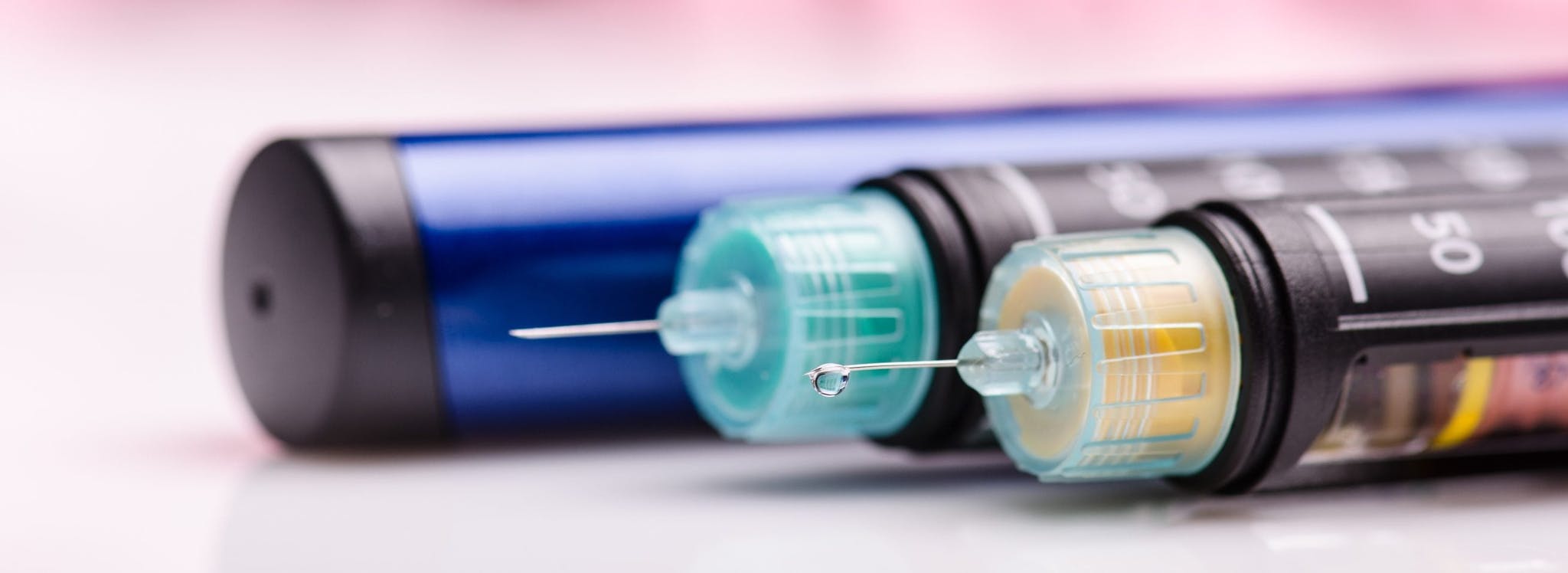
2024-07-12T16:54:51
Sunscreen Travel Tips
- Dermatology
July 12, 2016 | Allergy and Immunology

Allergens produce a wide range of symptoms. Some allergens cause mild inconveniences, like hay fever, and other allergens, such as bee stings or peanuts, can produce deadly reactions. Experts estimate that around 5 percent of the population has an insect allergy and around six million children in the U.S. are allergic to at least one food. There’s no telling how an allergic reaction will manifest. Allergic reactions can include hives, swelling and even anaphylactic shock. Even if someone has never had a severe reaction before, they still may be susceptible to one. Because of this, many experts agree that all people with known allergies should carry an EpiPen for safety.
EpiPens are auto-injectors that deliver a dose of epinephrine to someone who is having an allergic reaction. The medication inside opens up airways and narrows the blood vessels. It can help stop serious symptoms like wheezing, severe skin itching, tightening of the throat and low blood pressure.
EpiPens can be used to treat severe allergic reactions that are caused by food, medications, latex, insect bites or stings and exposure to other allergens.
The EpiPen can be used by the person who is having the allergic reaction. There is a safety cap that must be removed before using the EpiPen. It works by making an injection into the muscle of the thigh. If you have never used an EpiPen, you should ask your doctor about getting a trainer pen so you can get used to using the device.
The effects of the EpiPen are not long-lasting. In many cases, the effects wear off after about 20 minutes. If necessary, you can do an additional injection with the EpiPen while you are waiting to receive further medical care.
Even if someone is doing better after treatment with an EpiPen, it is still important to get them to an emergency room as soon as possible. The allergic reaction may come back if they do not receive treatment right away. The doctor may wish to do another epinephrine treatment; however, it is not advised that people do more than two treatments without the supervision of a doctor.
Anyone who has had a severe allergic reaction at any time in his or her life should carry an EpiPen. EpiPens should also be carried by the parents of young children who have been diagnosed with an allergy. Allergens that are most likely to have severe effects include peanuts, shellfish, latex and insect stings.
EpiPens are available by prescription and usually covered by insurance. While you may never need one, having one can help avoid serious anaphylaxis and even save a life.
There are some people who should not use EpiPens because of health risks. EpiPens are not recommended for people who have conditions such as:
Diabetes
Thyroid disorders
A heart rhythm disorder
Coronary artery disease
High blood pressure
Heart disease
Parkinson’s disease
People who have or develop any of these conditions should talk to their doctors about whether EpiPens are safe and what alternatives are available.
Do you or a family member have a severe allergy? Contact us today for an appointment to learn if an EpiPen is right for you.
WRITTEN BY:
The Live Better Team


2024-07-12T16:54:51

2024-07-02T11:42:04

2024-07-01T13:49:28

2024-06-21T14:29:51
This information is not intended to replace the advice of a medical professional. You should always consult your doctor before making decisions about your health.